Picture this: You wake up to find your usually pristine litter box ignored, your beloved feline friend hiding under the bed, and an uneasy feeling that something just isn’t right. Sound familiar? Your cat might be sending you a crystal-clear message that it’s time to shake things up.
As a devoted cat parent myself, I’ve learned that our feline companions are incredibly sophisticated communicators when it comes to expressing their dissatisfaction with their daily routines. Unlike dogs who might simply act out or become destructive, cats have their own subtle language of protest that can be easy to miss if you’re not paying attention.
Your Cat Has Abandoned His Favorite Litter Box
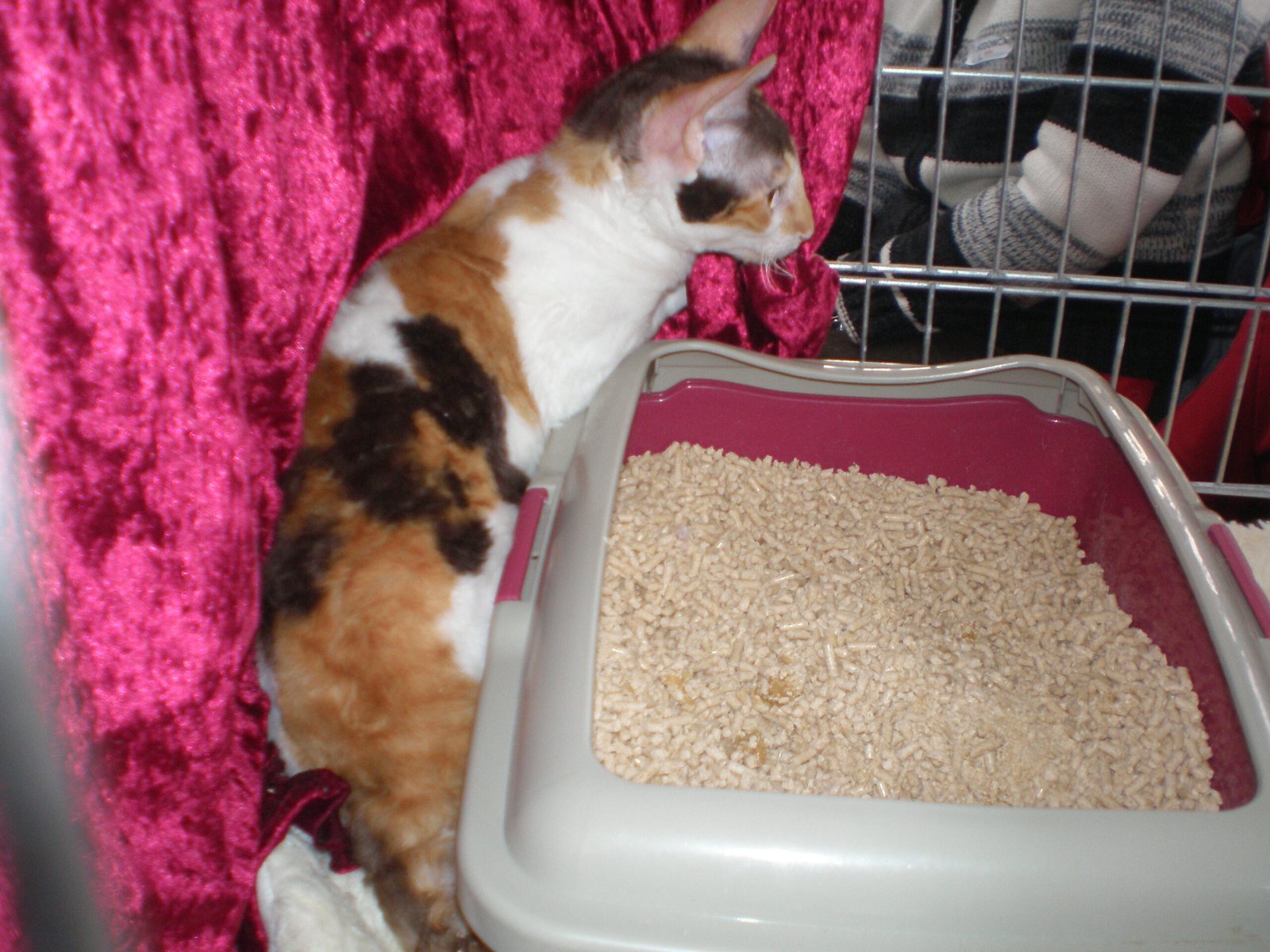
When cats stop using their litter boxes, they’re often feeling stressed and trying to eliminate sources of frustration in their environment. This isn’t your cat being spiteful or “bad” – it’s actually a sophisticated form of communication.
There’s usually a reason that cats don’t use their litter box, and they’re never house-soiling out of spite. If your normally well-trained kitty has suddenly decided that the living room carpet looks more appealing than his usual bathroom spot, he’s likely telling you that something about his current routine has become intolerable.
He’s Sleeping in Unusual Places or at Strange Times
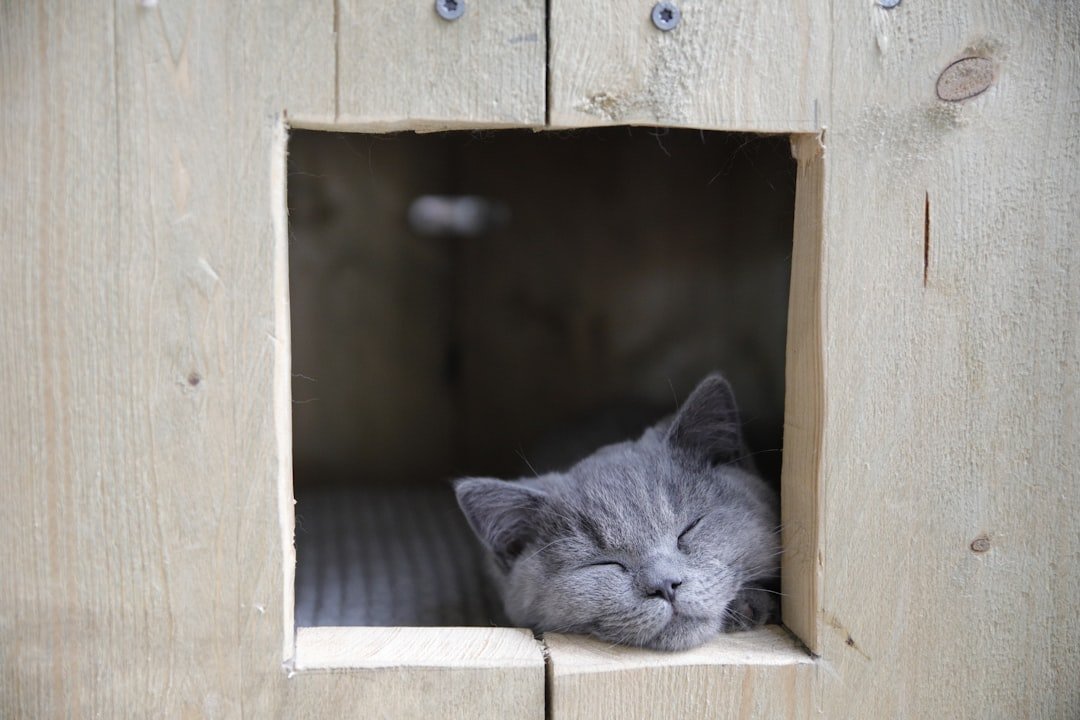
Keep an eye out for changes in where your cat sleeps, as abandoning favorite sleeping spots for more isolated locations often signals discomfort. Maybe he’s swapped his sunny windowsill perch for the dark corner behind the washing machine.
It’s important to note changes in your cat’s sleep, including where they sleep, when they sleep, and whether they are sleeping more than usual. A cat who’s unhappy with his routine might start sleeping through his usual playtime or staying awake when he should be resting. This disruption often signals that his daily schedule isn’t meeting his natural needs.
His Vocalization Patterns Have Completely Changed
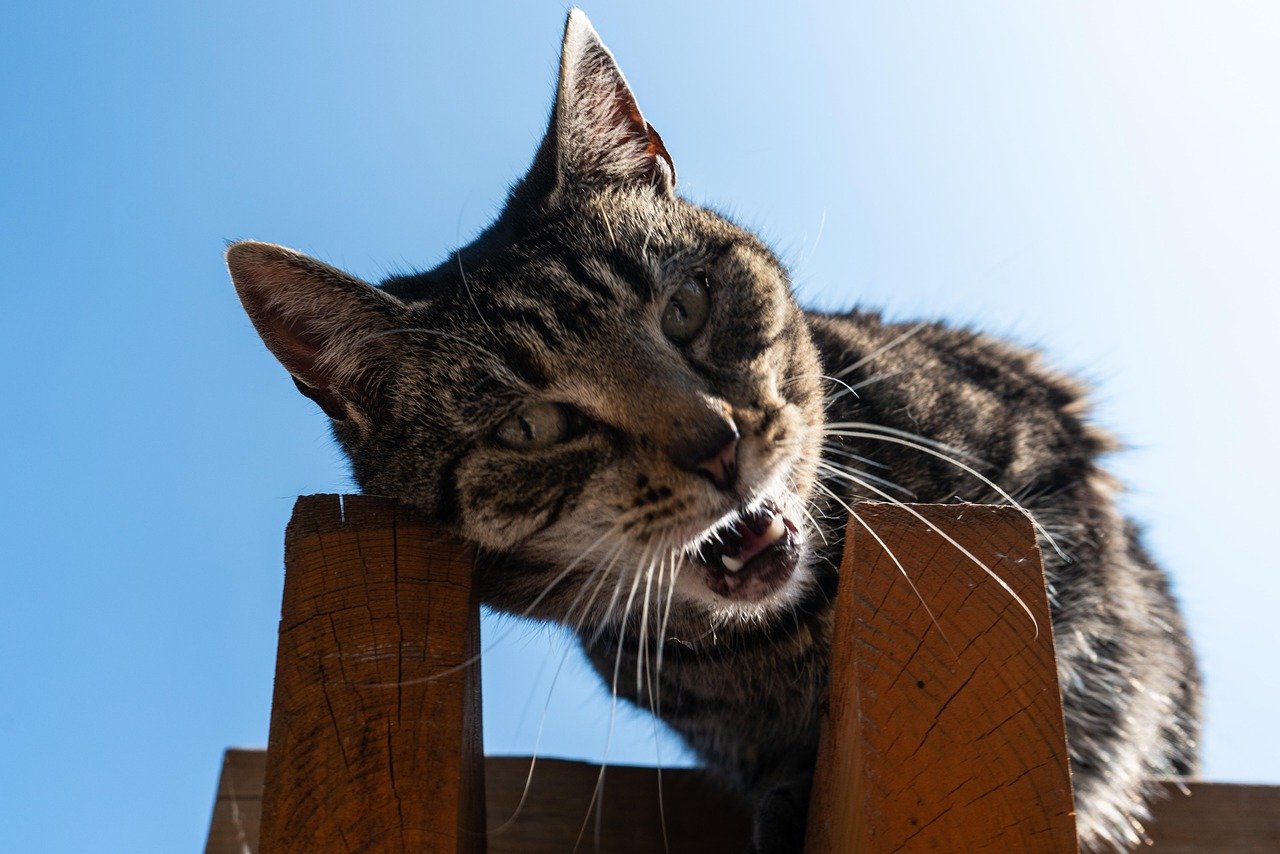
Changes in your pet’s usual vocal behavior are generally the best indicators that something is wrong – if your normally loud cat is quiet, or your quiet kitty is loud, then it’s time to call your veterinarian. But before assuming it’s medical, consider whether his routine might be the culprit.
A sudden increase in vocalization is often one of the first signs that something might be amiss – if your usually quiet cat becomes a chatterbox, it might be trying to tell you something. He could be meowing more at specific times, like right before you leave for work or when his dinner is late. This isn’t just noise – it’s his way of saying “Hey, this schedule isn’t working for me!”
Your Social Butterfly Has Turned Into a Hermit
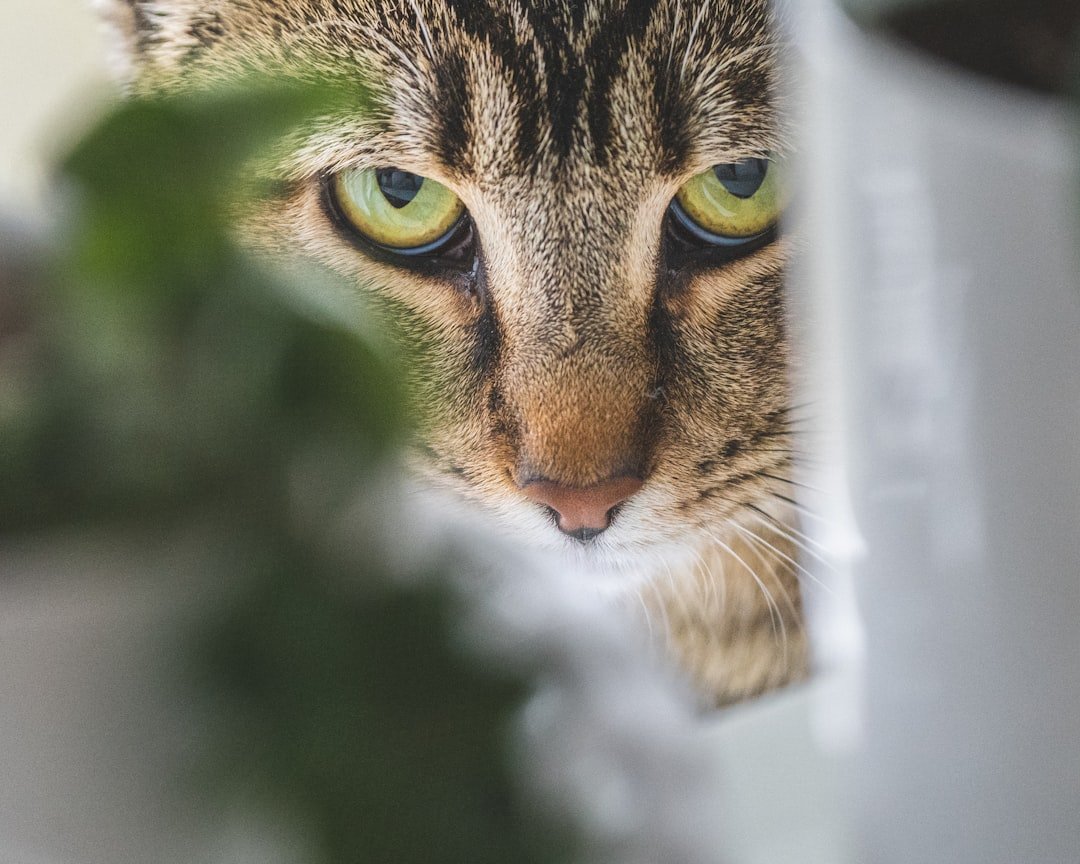
Cats naturally seek safe, quiet spaces when they feel threatened, but a cat that suddenly spends most of their time under furniture or in secluded areas may be experiencing stress, particularly if your cat previously enjoyed being in the center of household activity.
When your normally social cat starts avoiding family gatherings or hiding from visitors he once greeted, he’s showing you that his current routine is overwhelming him. This behavior change often happens gradually, so you might not notice it at first. One day you realize you haven’t seen him lounging in the living room for weeks.
His Eating Habits Have Gone Haywire
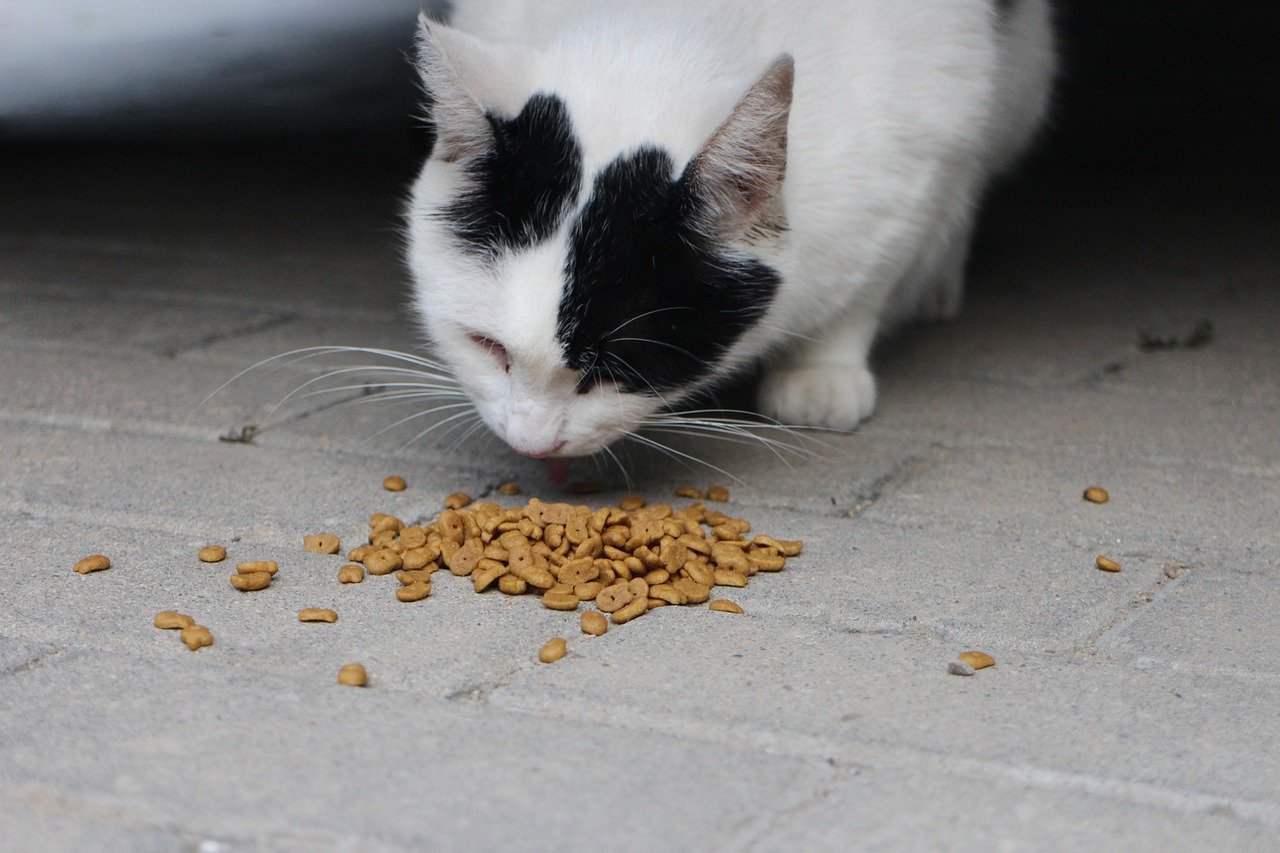
Stress affects cats’ eating habits in various ways – some cats lose interest in food entirely, while others might eat voraciously as a coping mechanism, with many showing hesitation, checking their surroundings repeatedly, or rushing through meals. These changes often reflect dissatisfaction with feeding schedules or meal locations.
Maybe your cat who used to graze peacefully throughout the day is now wolfing down his food like he’s afraid it might disappear. Or perhaps your food-motivated kitty has suddenly become picky about his meals. These dramatic shifts usually indicate that some aspect of his routine is causing him stress or anxiety.
He’s Grooming Himself Raw (Or Not At All)
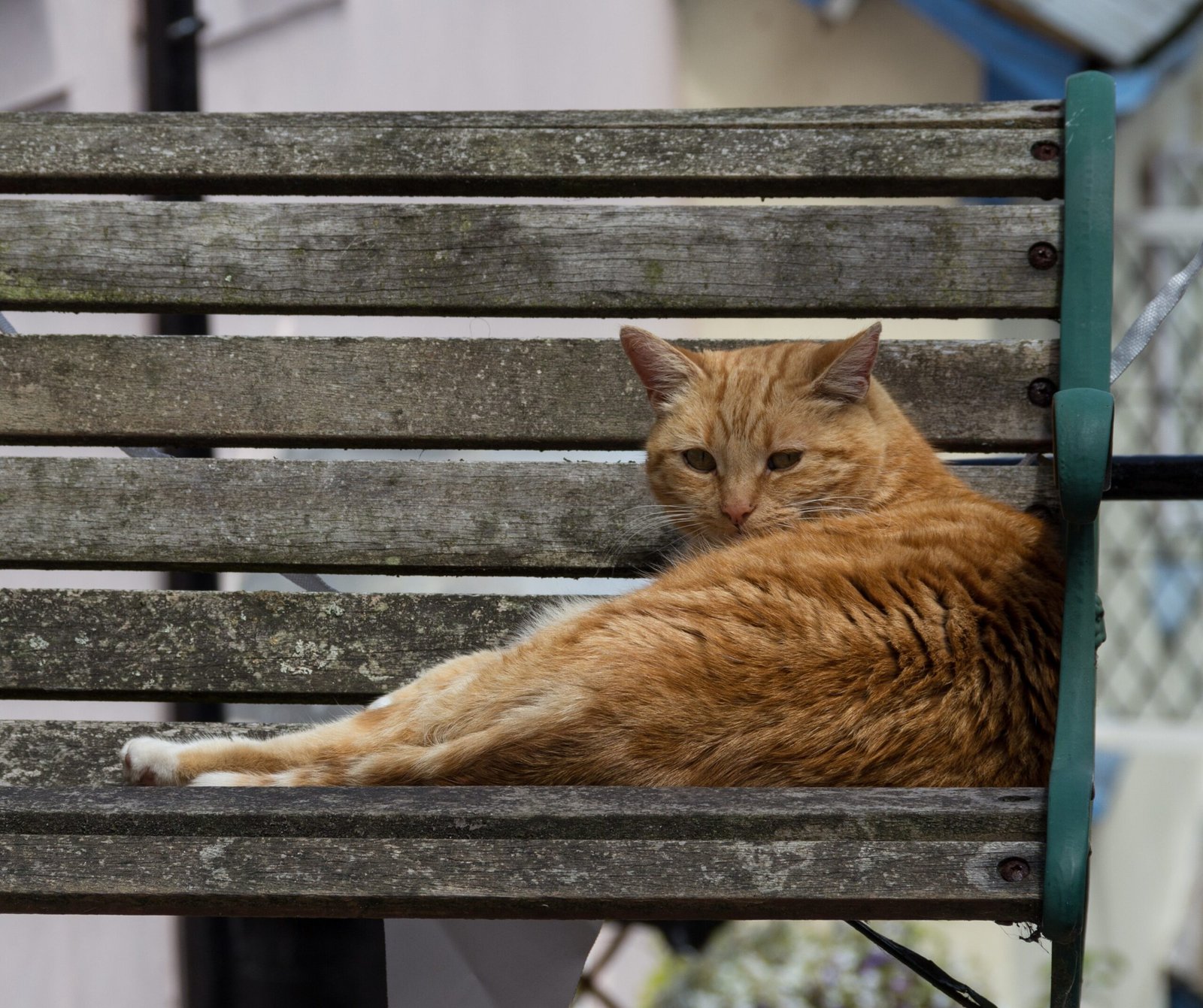
Cats are naturally fastidious groomers, but stress can turn normal grooming into an obsessive behavior, with owners needing to watch for bald patches or irritated skin resulting from overgrooming, as this self-soothing behavior releases endorphins and provides temporary relief from anxiety.
On the flip side, a cat who stops grooming altogether is sending an equally strong message. A lack of grooming can indicate depression or illness, as cats are fastidious creatures and neglecting their coat is often a cry for help. Either extreme suggests that his current routine is causing him significant emotional distress.
His Bathroom Timing Has Become Erratic
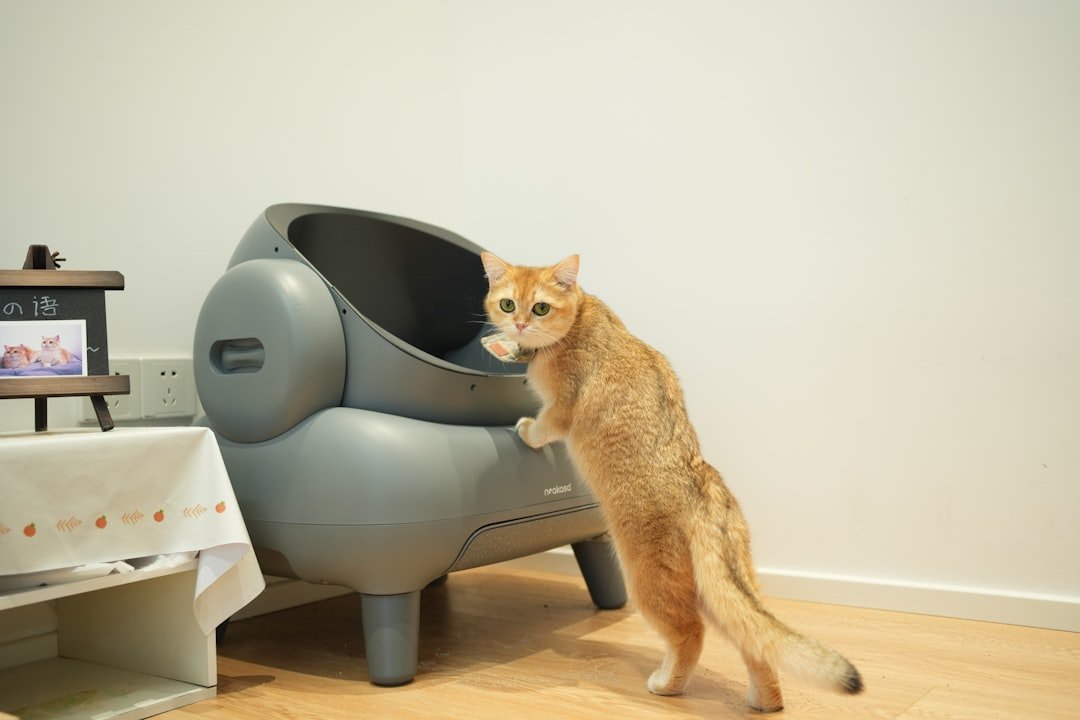
Get to know your cat’s eating, drinking, and bathroom habits, and be alert to any changes – when you scoop, do a onceover on the litter box contents. A cat whose elimination schedule suddenly becomes unpredictable might be reacting to changes in his daily routine that don’t align with his natural rhythms.
Perhaps he used to visit the litter box like clockwork after breakfast, but now you’re finding deposits at random times throughout the day. This timing shift often indicates that his feeding schedule, activity level, or stress levels have changed in ways that don’t suit his preferences.
He’s Developed Sudden Aggressive Tendencies
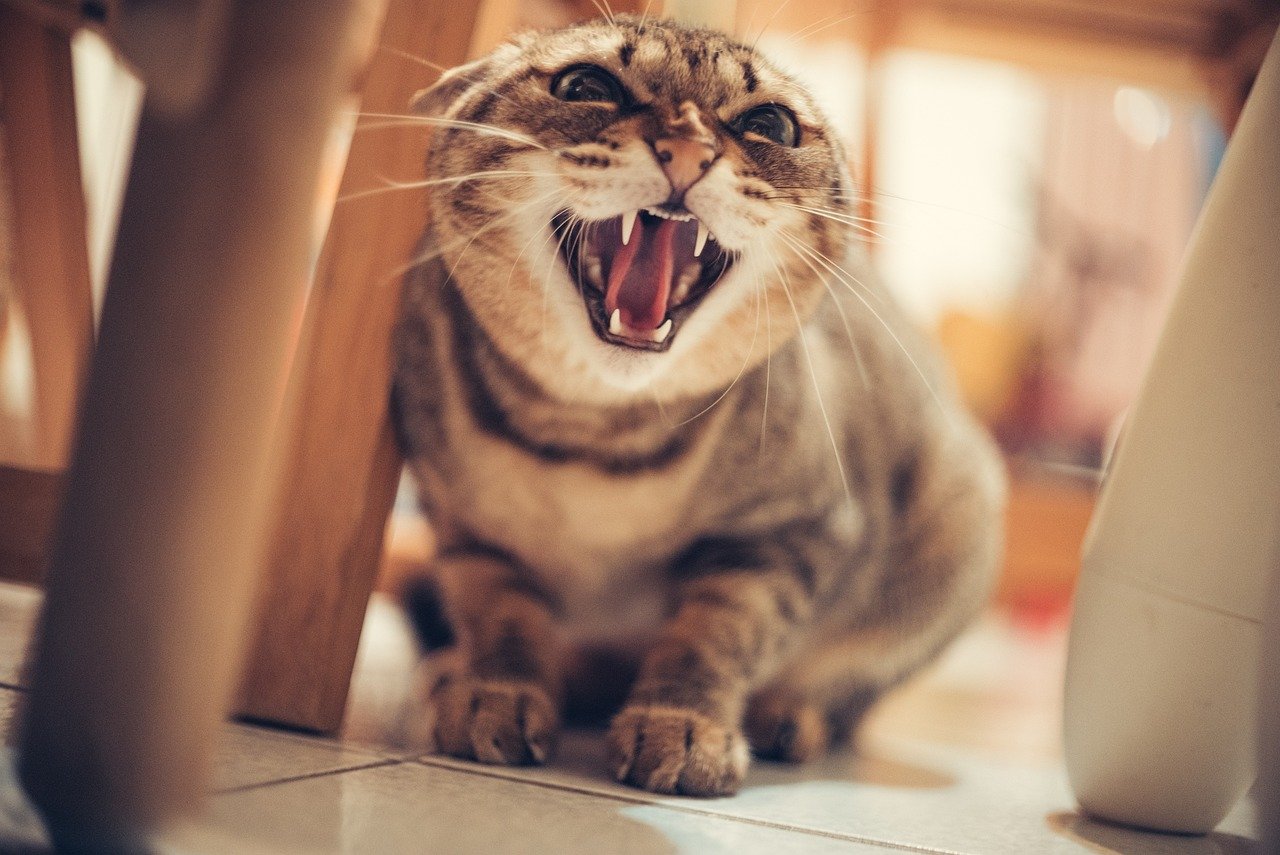
A sad or stressed cat becomes more aggressive, with examples including hissing, biting, chasing, and growling. If your gentle, laid-back cat has started swatting at you or other pets without apparent provocation, he might be expressing frustration with his current living situation.
This aggression often appears during specific times of day or in particular situations. Maybe he’s fine in the morning but becomes irritable in the evening, or perhaps he’s started guarding his food bowl aggressively. These targeted aggressive behaviors usually point to specific routine elements that aren’t working for him.
His Interest in Play Has Completely Vanished
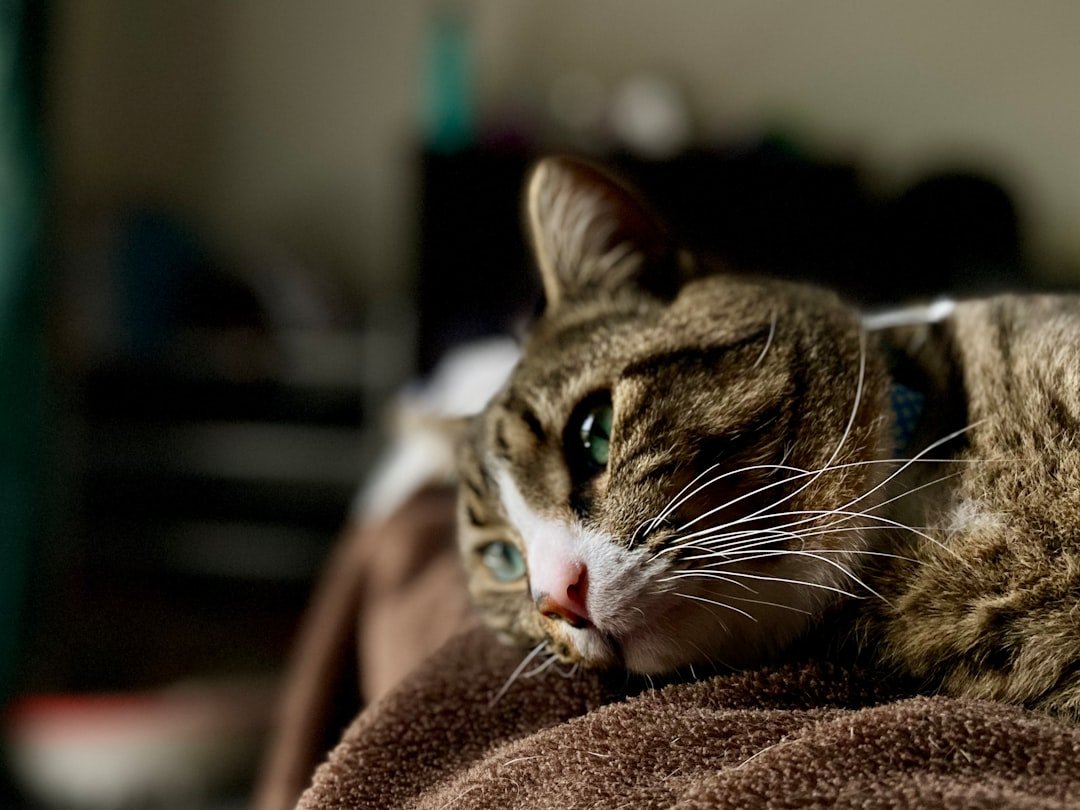
One trait sad cats have in common with depressed people is a lack of enthusiasm in their usual interests. When a cat who used to go crazy for feather toys suddenly ignores them completely, he’s showing you that something fundamental about his environment needs to change.
A depressed cat may exhibit signs of lethargy, spending more time sleeping or lying around than active, which is contrary to their natural curiosity and playful nature, and if your cat is not showing interest in toys or activities they once enjoyed, it could be experiencing a lack of motivation. This disinterest often stems from a routine that doesn’t provide adequate mental stimulation or physical exercise.
He’s Started Marking Territory Inside Your Home
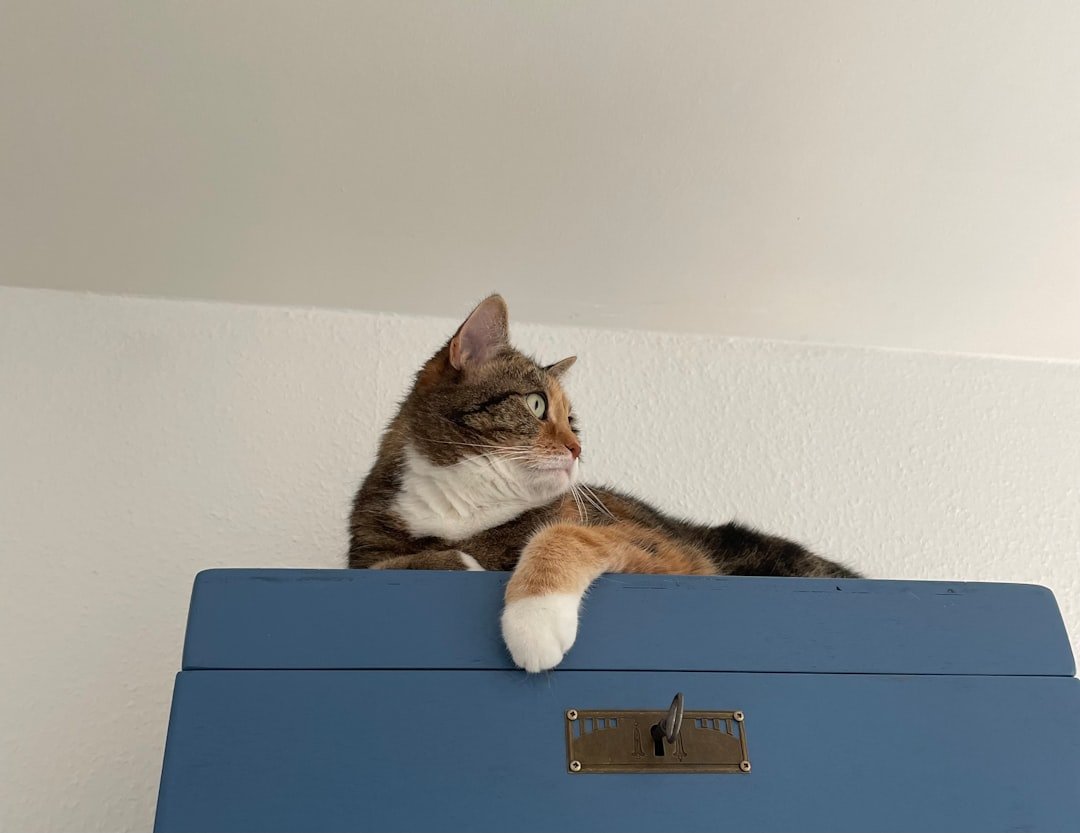
Spraying may be due to anxiety or stress, with many things causing this such as building work, threats from neighboring cats, or a new cat in the household. When an indoor cat suddenly starts spraying or marking furniture, he’s usually trying to create a sense of security in an environment that feels unpredictable or threatening.
This marking behavior often coincides with changes in household routines – maybe your work schedule shifted, or you started having guests over more frequently. Your cat is essentially trying to make his environment feel more familiar and controllable by adding his own scent markers to important locations.
His Body Language Screams “Leave Me Alone”
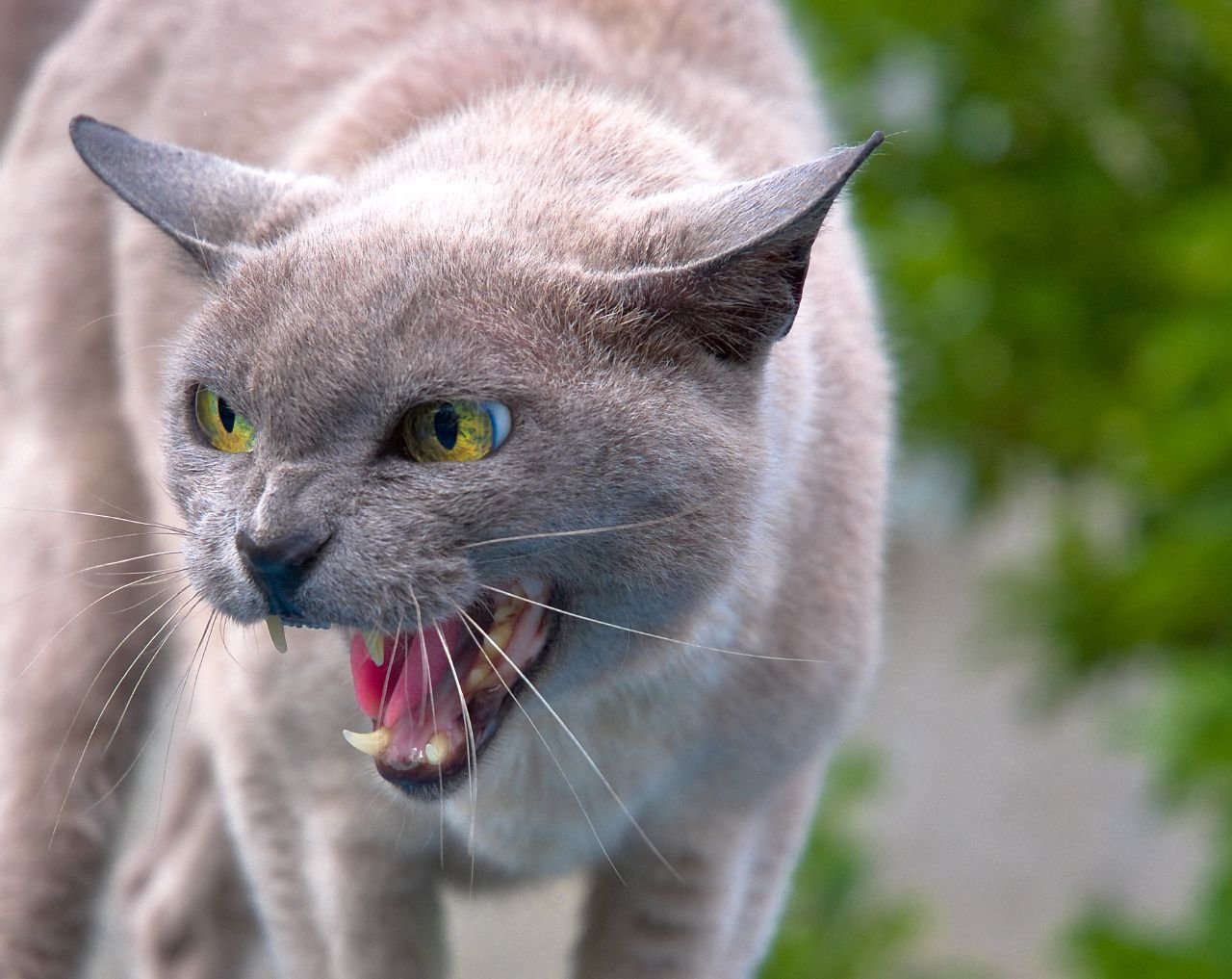
Your cat is likely upset if their ears are held back and their fur is standing on end, and there’s also a special “cat tail language” where if your cat’s tail is tucked instead of held high, your cat might be annoyed, angry or scared. These physical signals are your cat’s way of communicating emotional distress.
Cats communicate a lot through their body language, and subtle changes can indicate that they are upset – pay attention to your cat’s tail, ears, and overall posture, as a cat with a puffed-up tail or flattened ears might be feeling threatened or anxious. When these defensive postures become his default stance rather than occasional responses, it’s time to evaluate what’s making him feel so unsafe or uncomfortable.
Conclusion
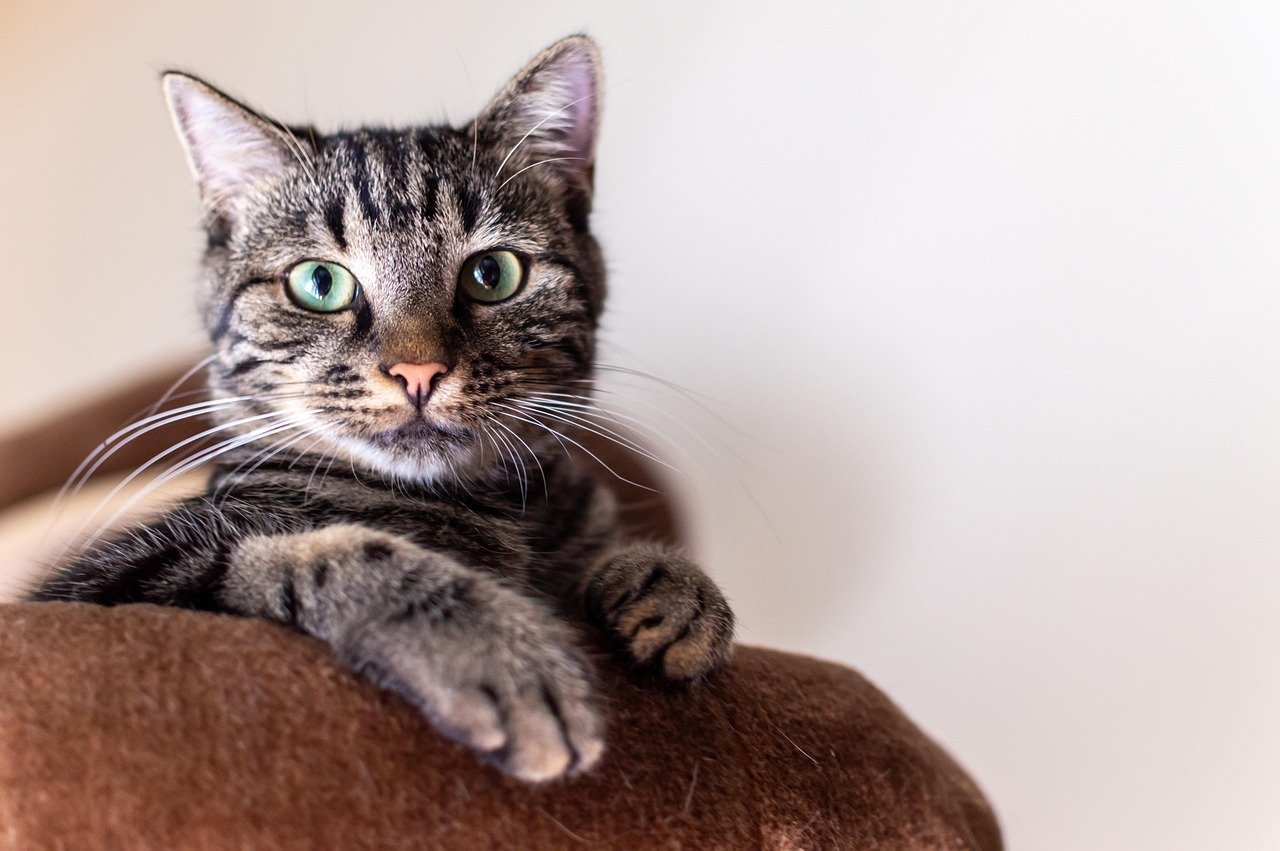
Recognizing these signs is just the first step toward helping your feline friend find happiness again. The beauty of cats is that they’re incredibly adaptable once you figure out what they need. Whether it’s adjusting feeding times, creating more vertical territory, establishing quieter spaces, or simply being more consistent with daily routines, small changes can make enormous differences in your cat’s wellbeing.
Remember, your cat isn’t being difficult or trying to punish you – he’s simply communicating in the only way he knows how. By paying attention to these subtle signals and being willing to adjust his routine accordingly, you’re showing him the same love and consideration he shows you every day. After all, isn’t that what being a great cat parent is all about?





